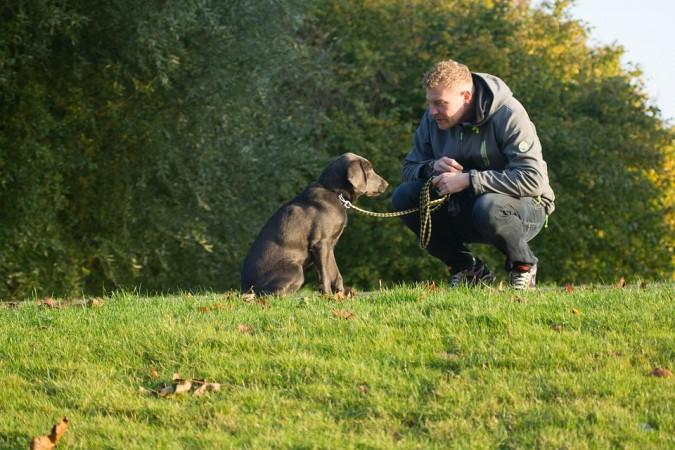
This festive season, dog owners need to be vigilant in keeping chocolates away from their beloved four-legged pets, as vets prepare for a spike in poisoning cases over the holiday season
A new research published in the journal Veterinary Record suggests that the animals are four times more likely to get ill during Christmas due to greater accessibility to chocolate.
Owners might not realise the dangers of leaving a box of chocolates – it's toxic to dogs. It can result in vomiting, agitation and seizures.
Researchers at the University of Liverpool noticed that puppies were more likely to eat chocolate than their adult counterparts.
The research covered 386 cases of dogs being brought in after eating chocolate. Of the 185 cases in which the dose of chocolate was known, almost 60% involved toxic levels of theobromine.
The research team looked at the number of consultations in the week before and two weeks after a number of celebratory periods compared it to the rest of the year.
"It is around about four-and-a-half times more likely at Christmas than other times," said Dr Philip Jones, co-author of the research from the University of Liverpool. No such spike was seen in the weeks around other holidays like Halloween, Easter, or Valentine's Day.
Dogs receive a number of treatments for chocolate poisoning including activated charcoal to mop up the theobromine.
Despite chocolate poisoning rarely results in death in canines, the team warns the owners of 'significant peaks' in chocolate intoxication during the festive season, Daily Mail reported.
They wrote: "Chocolate ingestion has a unique seasonal pattern which merits highlighting this risk to clients, particularly in the run-up to Christmas and Easter as chocolate becomes more accessible within the household."
Dog owners are told to call the vet immediately if they see their dog having a chocolate, as the side-effects may take a few hours to appear after consumption. Calling the vet early may help the dog to recover faster.
The vets will also need to know what kind of chocolate the canine ingested and how much of it they had, so the owners need to be careful.








